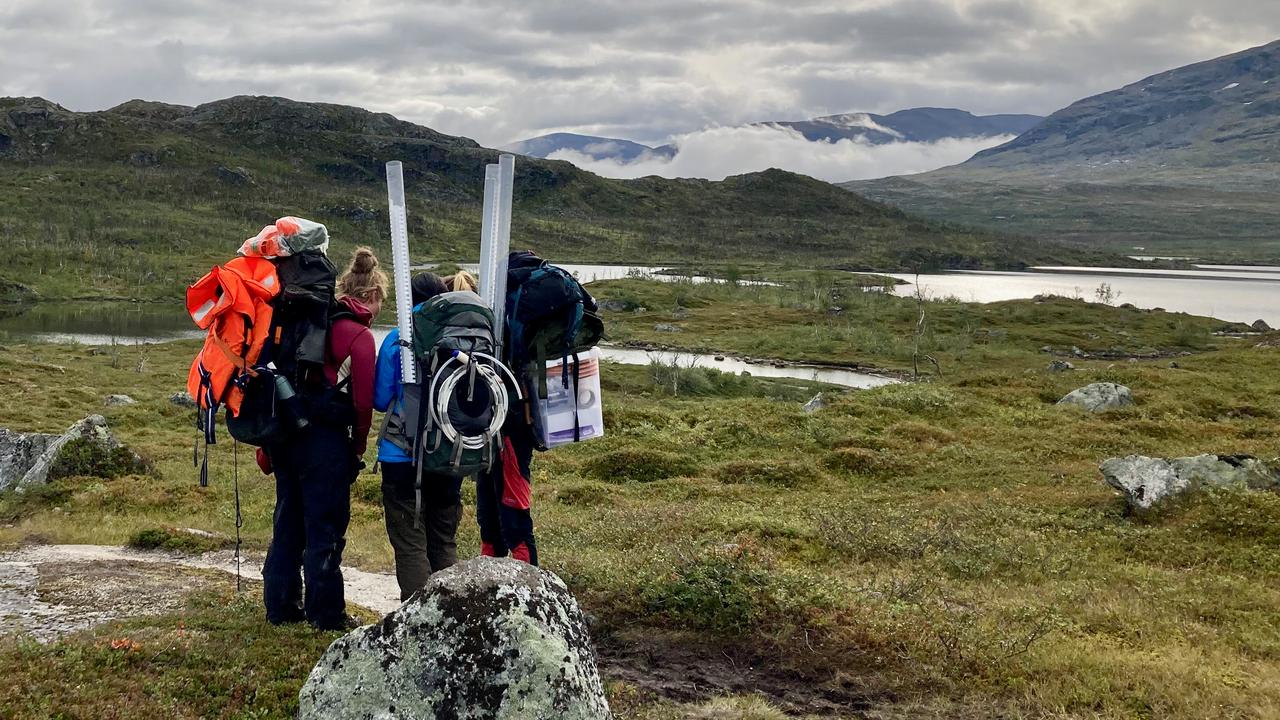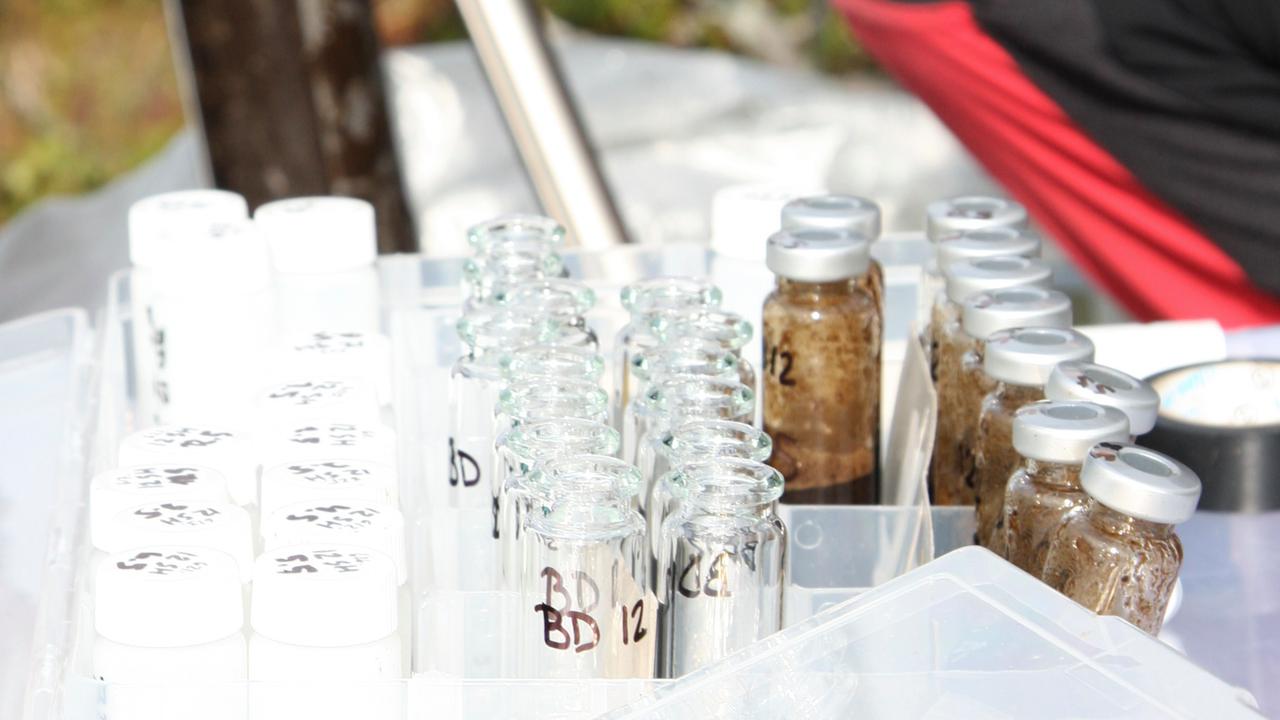More about the publication
Marie Bulínová, Anders Schomacker, Sofia E. Kjellman, Cristian Gudasz, Carolina Olid, Johan Rydberg, … Richard Bindler, Alexandra Rouillard. Increased Ecosystem Productivity Boosts Methane Production in Arctic Lake Sediments. Journal of Geophysical Research: Biogeosciences, 23 juli 2025.



